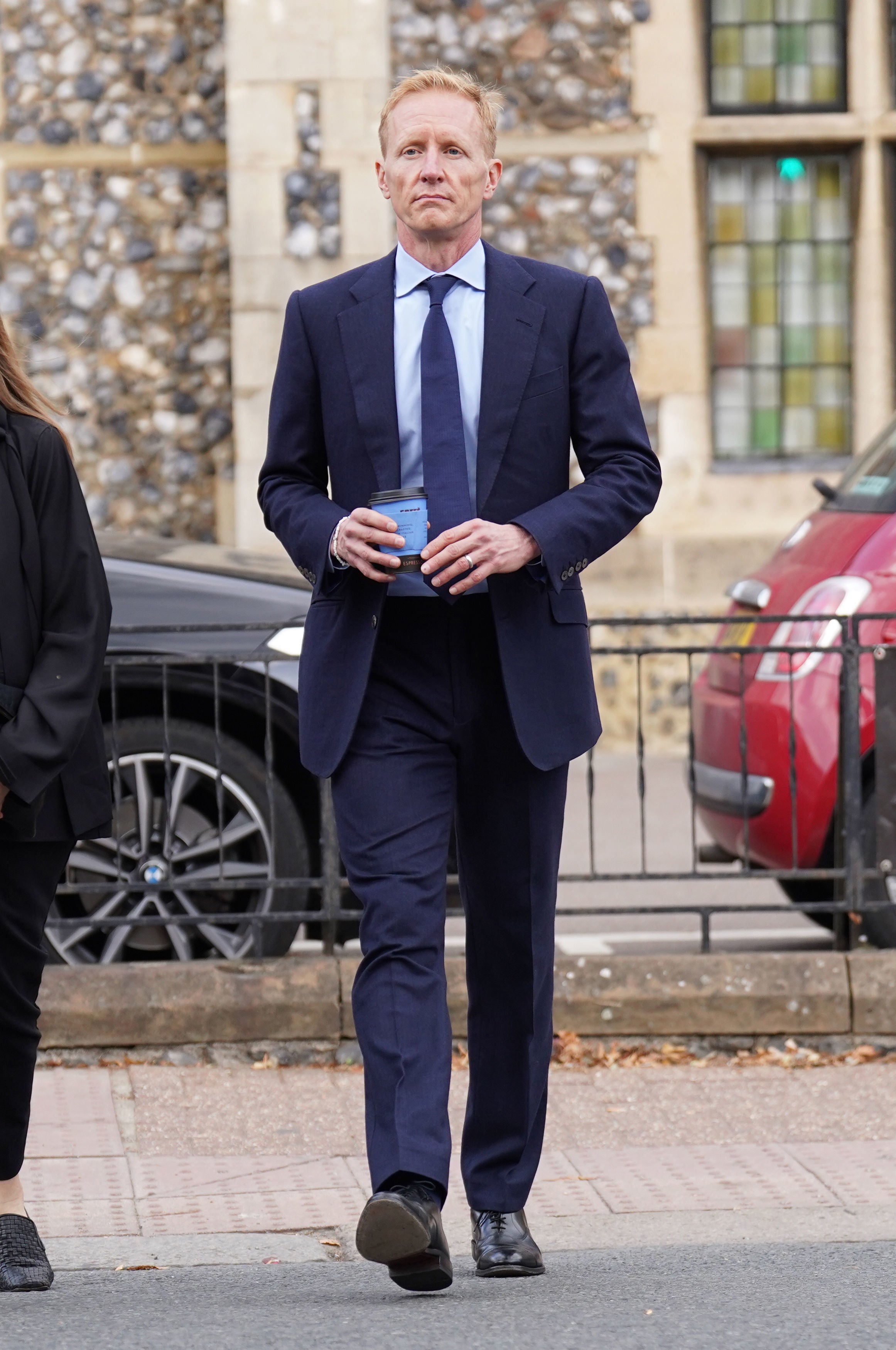Pinterest ‘sorry’ after Molly Russell was sent email promoting ‘10 depression pins’ before death
Senior executive from social media giant says he ‘deeply regrets’ content 14-year-old was able to view on platform

Pinterest has apologised for sending Molly Russell emails such as “10 depression pins you might like” before the teenager’s death.
Molly, from Harrow, northwest London, ended her life in November 2017, prompting her family to campaign for better internet safety.
Giving evidence during an inquest into the 14-year-old’s death, Pinterest’s head of community operations Judson Hoffman was taken through a vast number of “disturbing” images she had interacted with on the site relating to self-harm, suicide and depression.
The court was shown two streams of content Molly saw, comparing the material she viewed earlier in her use of the platform and in the months closer to her death.
While the earlier content included a wide variety of material, the latter focused on depression, self-harm and suicide.

Asked by Oliver Sanders KC, the lawyer representing Molly’s family, if he agreed that the type of content had changed, Mr Hoffman said: “I do and it’s important to note, and I deeply regret that she was able to access some of the content shown.”
The court heard the social media giant sent other emails to Molly with headings such as “depression recovery, depressed girl and more pins trending on Pinterest” and “new ideas for you in depression”.
Mr Hoffman was asked by Mr Sanders if he believed the images in the emails sent by the company were “safe for children to see”.
He replied: “I want to be careful here because of the guidance that we have seen.
“I will say that this is the type of content that we wouldn’t like anyone spending a lot of time with.”
Mr Sanders said “particularly children” would find it “very difficult … to make sense” of the content, to which Mr Hoffman replied: “Yes.”
Asked if he was sorry it had happened, Mr Hoffman replied: “I am sorry it happened.”
The senior executive said the technology available to the company now was “just not available to us” before Molly’s death.

Pinterest describes itself as a “visual discovery engine for finding ideas”, where users can save the “pins” they see to their own “boards” – said in court to be akin to creating a collage.
The inquest was told Molly made a number of boards on Pinterest, including two of interest to proceedings.
Mr Sanders said one board was called “stay strong”, which tended to “have more positive” material pinned to it, while the other board, with “much more downbeat, negative content”, was called “nothing to worry about”.
Earlier on Thursday, Molly’s father, Ian Russell, was taken through posts made by his daughter through an anonymous account on Twitter where she approached celebrities and social media influencers for help.
Mr Russell told the inquest: “I believe social media helped kill my daughter. I believe that too much of that content is still there and I believe there is a lack of transparency.

“Children shouldn’t be on a platform that presents a risk to their lives.”
Mr Russell was shown some tweets from Molly to celebrities where his daughter said she “just can’t take it”.
One tweet sent to American actress Lili Reinhart said: “I can’t take it any more.
“I need to reach out to someone, I just can’t take it.”
Mr Russell said: “It’s exactly that type of message … that was particularly prevalent on Twitter.
“On the Twitter platform … she reached out to celebrities with thousands or millions of followers who wouldn’t even notice one small tweet from someone like Molly.
“She was never really going to get a response.”
The inquest, due to last up to two weeks, continues.
If you are experiencing feelings of distress and isolation, or are struggling to cope, The Samaritans offers support; you can speak to someone for free over the phone, in confidence, on 116 123 (UK and ROI), email jo@samaritans.org, or visit the Samaritans website to find details of your nearest branch.
For services local to you, the national mental health database - Hub of Hope - allows you to enter your postcode to search for organisations and charities who offer mental health advice and support in your area.
Additional reporting by Press Association
Bookmark popover
Removed from bookmarks